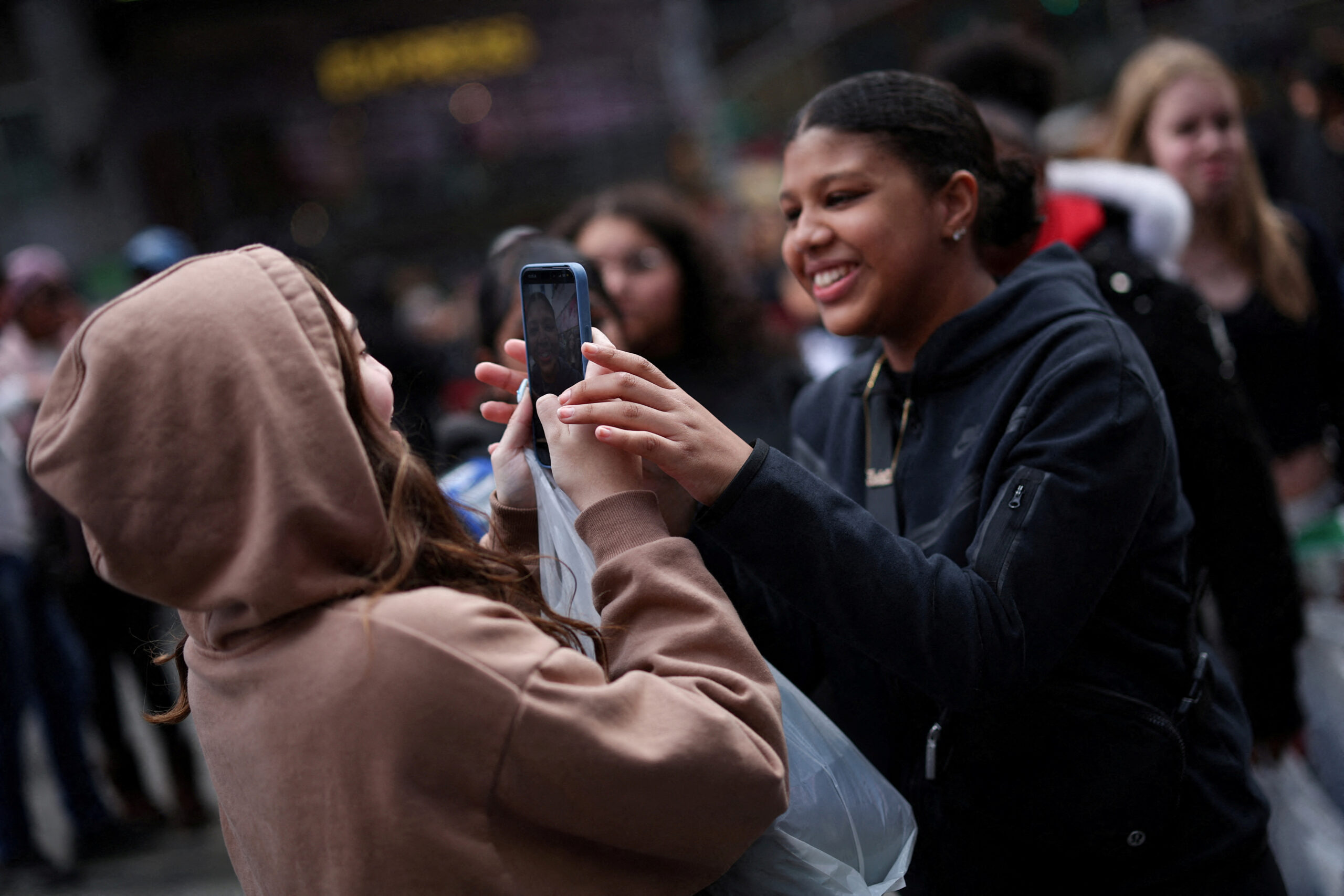
By: Pramod Thomas
THE US House of Representatives overwhelmingly passed a bill on Wednesday (13) that would give TikTok’s Chinese owner ByteDance about six months to divest the US assets of the short-video app, or face a ban, in the greatest threat to the app since the Trump administration.
The bill passed 352-65 in a bipartisan vote, but it faces a more uncertain path in the Senate where some favour a different approach to regulating foreign-owned apps posing security concerns. Senate majority leader Chuck Schumer said the Senate will review the legislation.
The measure is the latest in a series of moves in Washington to respond to US national security concerns about China, from connected vehicles to advanced artificial intelligence chips to cranes at US ports.
“This is a critical national security issue. The Senate must take this up and pass it,” No. 2 House Republican Steve Scalise said of TikTok on social media platform X. White House press secretary Karine Jean-Pierre added later that the Biden administration also wanted to see “the Senate take swift action.”
The fate of TikTok, used by about 170 million Americans, has become a major issue in Washington where lawmakers have complained their offices have been flooded with calls from TikTok users who oppose the legislation.

TikTok CEO Shou Zi Chew, who a source briefed on the matter said is visiting Washington this week, said in a video posted after the vote the legislation if signed into law “will lead to a ban on TikTok in the US… and would take billions of dollars out of the pockets of creators and small businesses.”
He added the company will exercise its legal rights to prevent a ban. The bill gives the company 165 days to file a legal challenge after it is signed by President Joe Biden, who said last week he would do so.
The political climate in Washington, at a time when many politicians do not want to be seen as soft on China during an election year, increasingly favours the bill. Still, there are concerns about the impact of any ban on younger voters.
White House national security adviser Jake Sullivan on Tuesday (12) asked “Do we want TikTok, as a platform, to be owned by an American company or owned by China? Do we want the data from TikTok – children’s data, adults’ data – to be going, to be staying here in America or going to China?”
The Chinese foreign ministry has criticised the legislation, arguing “though the US has never found any evidence of TikTok posing a threat to the US’s national security, it has never stopped going after TikTok.”
A number of prominent Democrats in the House voted against the bill including House Democratic Whip Kathleen Clark, Arizona Senate candidate Ruben Gallego, Alexandria Ocasio-Cortez as well as the top Democrats on the Judiciary, Ways and Means, Transportation and Intelligence committees.
“There are serious antitrust and privacy questions here, and any national security concerns should be laid out to the public prior to a vote,” Ocasio-Cortez said.
Senate commerce committee chair Maria Cantwell, who will play an important role in the Senate’s next move, said she wants legislation “that could hold up in court,” and is considering a separate bill, but is not sure what her next step is.
The vote came just over a week after the bill was proposed following one public hearing with little debate, and followed action in Congress stalling for more than a year. Last month, Biden’s re-election campaign joined TikTok, raising hopes among company officials that legislation was unlikely this year.
Several dozen TikTok users rallied outside the Capitol before the vote. The company paid for their travel to Washington and their accommodation, a TikTok spokesperson said.
The group included Mona Swain, 23, who said she had joined TikTok in 2019, during her freshman year at college pursuing musical theatre. Now a full-time content creator, she said she was paying her mother’s mortgage and for her brother and sister’s college educations with her earnings from the app.
“It’s gonna put a lot of people out of work, which is the scariest part,” Swain said of the bill.
It is unclear whether China would approve any sale or if TikTok’s US assets could be divested in six months.
If ByteDance failed to do so, app stores operated by Apple, Alphabet’s Google and others could not legally offer TikTok or provide web hosting services to ByteDance-controlled applications.
In 2020, then-president Donald Trump sought to ban TikTok and Chinese-owned WeChat but was blocked by the courts. In recent days he had raised concerns about a ban but nearly all House Republicans shrugged those off.
It is unclear if Tencent’s WeChat or other high-profile Chinese-owned apps could face a ban under the legislation.
Beyond the likely legal challenge from TikTok, the American Civil Liberties Union and other advocacy groups are arguing the bill is unconstitutional on free speech and other grounds.
In November, a US judge blocked a Montana state ban on TikTok use after the company sued.
(Reuters)
